Five ways NDF and its partners support gender equality 1. Women get active roles in taking decisions on adaptation measures 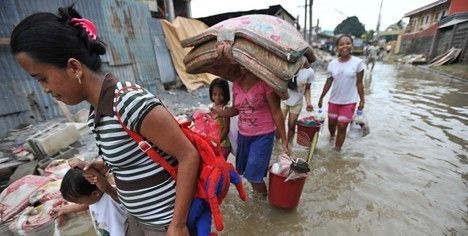
By supporting the dedicated Gender Window of the Community Resilience Partnership Program, NDF, in cooperation with the Asian Development Bank, contributes to creating space for women’s participation in decision-making and strengthening the resilience of poor women. The Gender Window goes beyond mainstreaming gender considerations into the programme by providing specific dedicated resources for strengthening women’s roles in climate resilience, as active stakeholders and leaders in adaptation measures. Read more about the project here. 2. Women enter charcoal production and other male-dominated fields 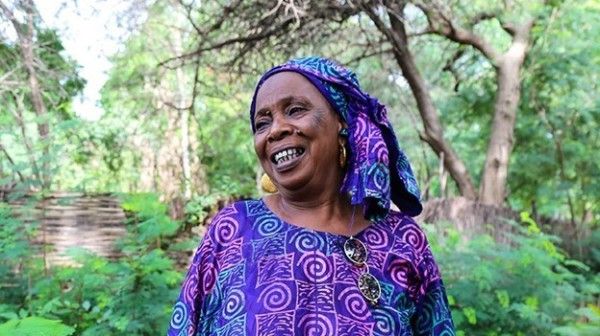
The Second Sustainable and Participatory Energy Management Project (PROGEDE II) in Senegal has integrated women into charcoal value chains at their earliest stages, and helped women advocate for a more sustainable charcoal production. Considered a model for community engagement and gender equality in energy projects, women now make up 33-50% of the project’s elected local management structures that govern decisions on reforestation, zoning for charcoal production, carbonisation techniques, charcoal sales, and charcoal use. Early evidence shows that this shift to more balanced leadership roles has emboldened a larger share of women to engage in income-generating activities, such as charcoal production as well as training in forest cutting and carbonisation techniques, pursuits mostly dominated by men. Progede II was launched in 2011, and funded by the World Bank, together with NDF. Read more about the project here. 3. Women find clean energy solutions for off-grid communities 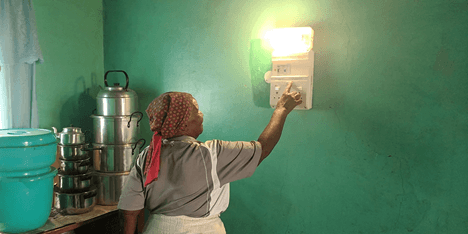
UN estimates that by 2030 nearly a third of the world’s population – mostly women and children – will continue to be exposed to dangerous levels of air pollution from using wood, coal, charcoal or animal waste for cooking and heating. Women stand to benefit the most from clean energy solutions. In landlocked Lesotho, NDF supports support a local renewable energy start-up that provides affordable and reliable electricity services to off-grid last-mile communities. The project aims to empower rural women by supporting the creation of local women-owned energy-enabled enterprises, the training of women entrepreneurs and by providing starting capital to ensure women become anchor customers for solar power mini-grids. The project is managed by the NDF-hosted Energy and Environment Partnership Trust Fund for Southern and East Africa (EEP Africa), a clean energy multi-donor trust fund, that focuses its investment in innovative energy solutions, women-led businesses, and business concepts that include women along the value chain. Read more about the project here. 4. Women-led company provides safe cook stoves to poor households 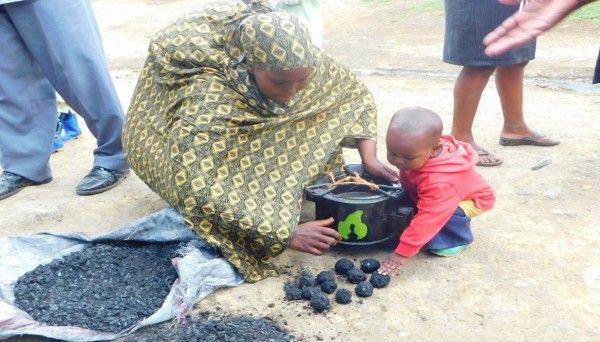
Mukuru Clean Stoves is a local female-founded and led social enterprise that designs, produces and distributes reliable and affordable cook stoves for low-income Kenyan households. Local women artisans and technicians are employed to manufacture the cookstoves which are then distributed to low-income communities through a network of female entrepreneurs and partnerships with local women’s groups. The EEP-supported project Scaling Up a Women-led Clean Cookstove Value Chain in Kenya is set to further enhance clean energy access for 150,000 additional low-income households, expand income opportunities to women entrepreneurs, and improve household health, in particular for women and girls. Read more about the project here. 5. Women-operated solar hubs bring energy to rural areas 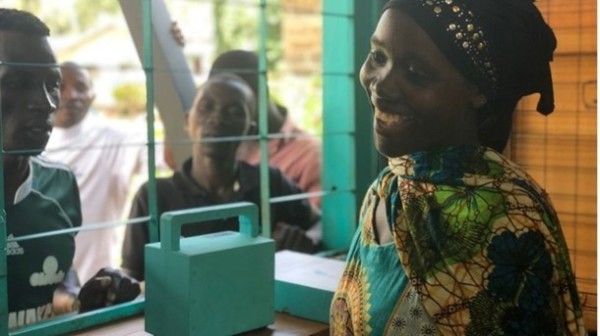
Energy access in rural areas is an essential building block for strengthening rural women’s empowerment, health, employment opportunities and livelihoods. In Tanzania, Jaza Energy, a grantee of EEP Africa, has developed a network of some sixty 100% women-operated solar energy hubs across Tanzania that offer rental battery packs for lighting and energy needs. The project helps to deliver clean energy to 51,000 people in remote villages and has created employment for 180 rural women. The standout project has won praise for reaching vulnerable rural communities living on 2 USD a day and for empowering young women within their own communities. Read more about the project here. Gender equality is our firm commitment Nordic countries have long recognised the social and economic benefits gained from closing the gender gap and the importance of sound gender equality policies. NDF has integrated gender considerations throughout its operations, and is firmly committed to mainstreaming gender across the design, implementation and monitoring of gender outcomes for all NDF projects. NDF is proud to stand alongside UN Women, countries, partners and organisations, to recognise the importance of this year’s integrated theme and to celebrate International Women’s Day. Read more: NDF’s gender equality approach NDF’s gender equality policy |